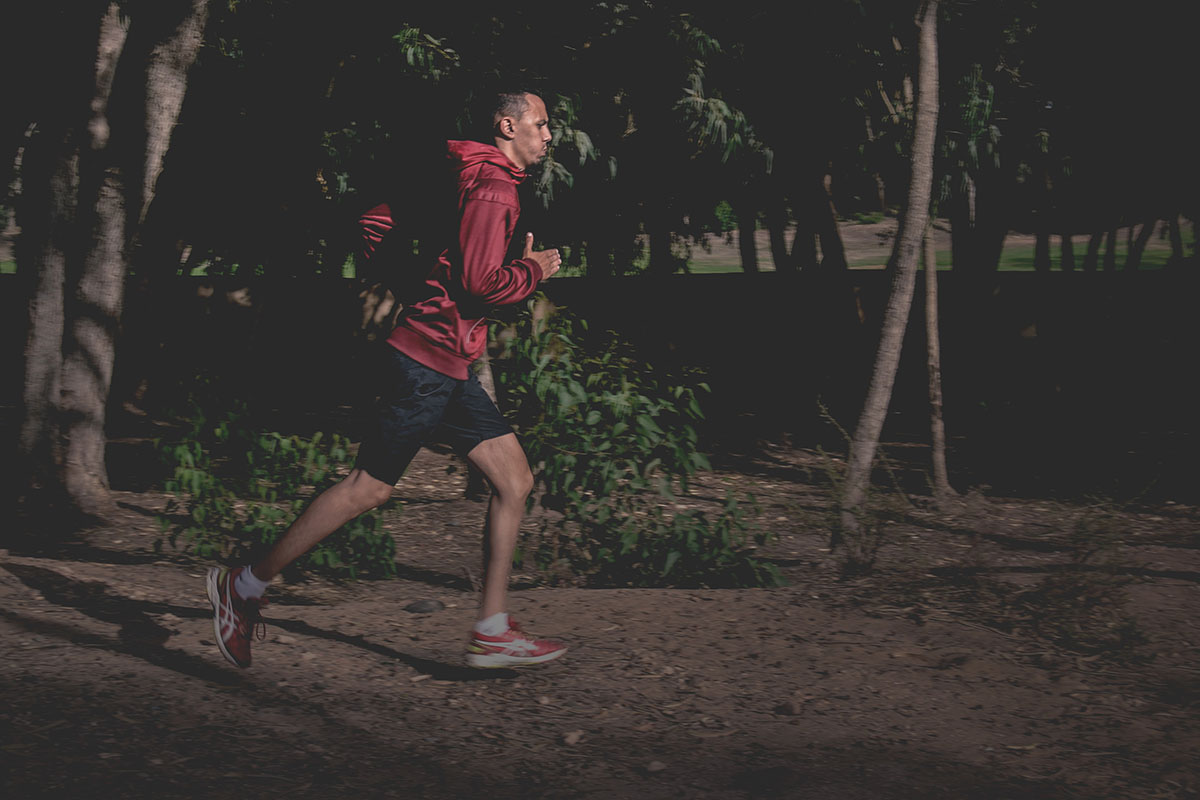Exposure to loud noise, such as that produced by the audience at sporting events or the loud sounds made by equipment and machinery used in several sports, is the main cause of the risk of hearing damage in athletes.
Table of Contents
Are Athletes at Risk of Hearing Loss?
It should come as no surprise that sports play a significant role in our society and culture. When watching or participating in our favorite sports, it’s crucial to take our hearing health into account.
Numerous professionals concur that there is compelling evidence to suggest that athletes may be more susceptible to hearing loss and tinnitus than their colleagues who do not play contact sports.
The Causes of Athletic Hearing Damage
- Trauma: Players in contact sports like football, hockey, and boxing are more likely to sustain head trauma, which can cause hearing loss. Traumatic injuries such as concussions and skull fractures are a couple of instances.
- Noise exposure: Sports that entail loud noise, such as shooting, motorsports, and live music events, expose athletes to more noise, which increases their risk of hearing damage caused by noise. Loud noise can harm the sensitive inner ear hair cells, resulting in this type of hearing loss.
- Infections: Otitis media, an ear infection of the middle ear, is more likely to develop in athletes who engage in sports like swimming or wrestling that raise the risk of ear infections. In addition to extreme discomfort and vertigo, this may result in temporary or permanent hearing loss.
- Tinnitus: Tinnitus, a ringing, buzzing, or hissing sound in the ears, is more likely to occur in athletes who engage in sports that expose them to loud noise, such as motorsports or live music events. Head trauma, exposure to loud noise, and other hearing loss conditions can all contribute to this.
- High Altitude: Athletes who engage in high-altitude sports like mountaineering or skydiving are more likely to have barotrauma, an injury brought on by abrupt changes in pressure. In addition to extreme discomfort and vertigo, this may result in temporary or permanent hearing loss.
How Serious is Athletic Hearing Damage?
Depending on the underlying cause and the seriousness of the damage, athletic hearing loss can range from mild to severe. It can sometimes be transient and managed with medicine or other treatments, but it can also be permanent. Hearing high-pitched noises and interpreting speech in noisy surroundings may be challenging due to mild hearing loss, and although frustrating, this is controllable and may not have a big impact on daily life.
On the other hand, a person’s quality of life may be significantly impacted by the severe hearing loss. Even in quiet settings, it can make it difficult to understand conversation. Additionally, it can cause cognitive deterioration, sadness, and social isolation. Additionally, if a traumatic accident results in hearing loss, there could be additional side effects such skull fractures, brain damage, or even death.
Athletes must be aware of the dangers and take the necessary procedures to avoid hearing loss, and should consult a doctor right away if they have hearing loss or other symptoms in order to identify the root cause and obtain the proper care.
Preventative Measures Against Athletic Hearing Loss
There are several preventative measures that athletes can take to protect their hearing while participating in sports. These include:
- Wearing protective gear: Helmets and other forms of safety equipment should be used by athletes to assist lower the risk of head injuries and hearing loss. To shield their ears from loud sounds, they should also use earplugs or noise-canceling headphones.
- Avoiding loud activities: Sportspeople should restrict their exposure to loud noise or avoid engaging in loud noise-producing activities like shooting or motorsports. Additionally, they should refrain from using headphones or earbuds to listen to loud music.
- Monitoring hearing health: To identify any changes in their hearing, athletes should get regular hearing evaluations by an audiologist. Athletes should consult a doctor right once if they have any changes in their hearing, such as trouble hearing in noisy settings or ringing in the ears.
- Practicing good hygiene: Good hygiene should be practiced by athletes to avoid ear infections. This includes avoiding behaviors that can raise the risk of ear infections, like children swimming in contaminated water, and keeping their ears dry and clean.
- Taking care of the body: To avoid hearing loss, athletes should take care of their general health. This entails obtaining enough rest, maintaining a balanced diet, and abstaining from tobacco use and binge drinking.
- Gradual exposure: If an athlete needs to practice in a noisy setting, they should progressively acclimate themselves to the noise rather than doing so all at once.
Sources
Contact Us
If you, or anyone you know, worked in noise and suffers from hearing loss, please do not hesitate to contact us.
Contact Us


